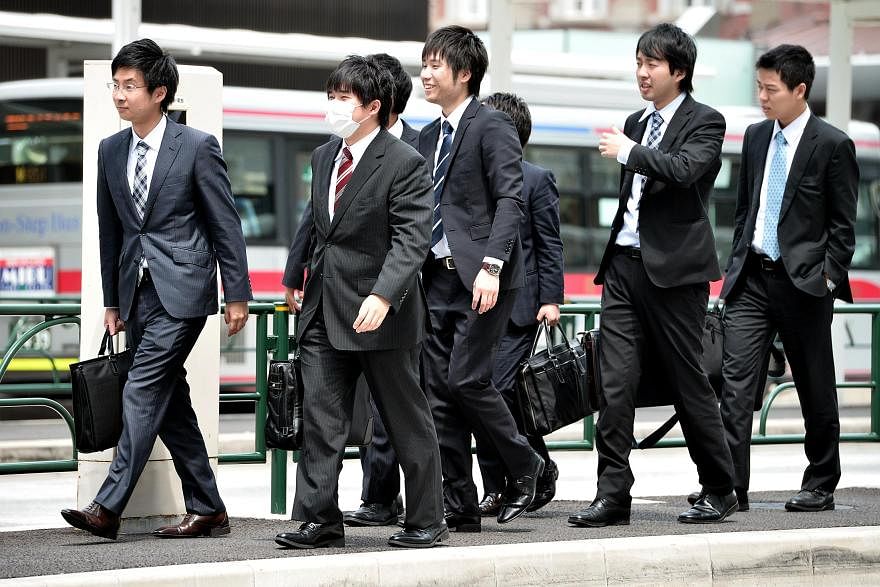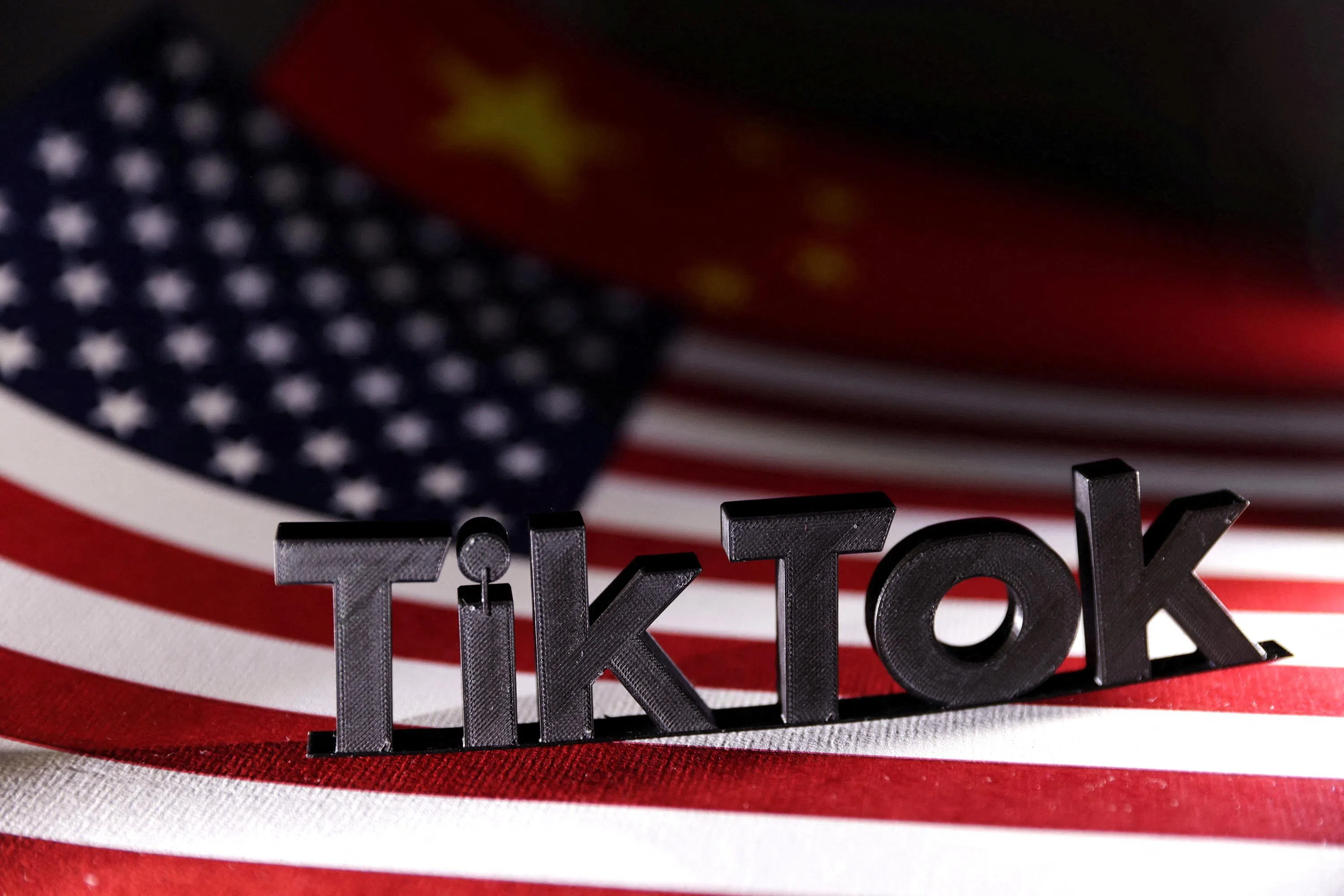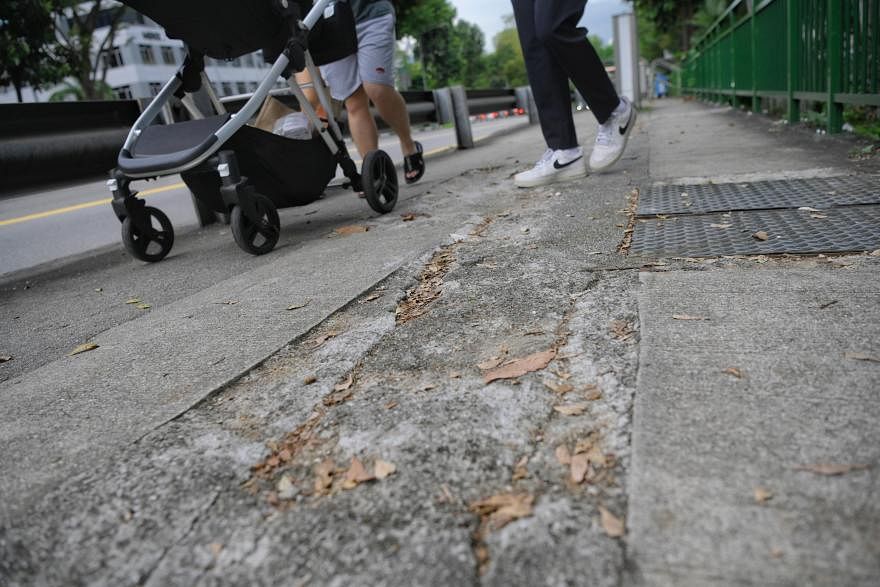BOOMING markets in Japan have swelled the workload for international bankers in Tokyo but one thing has not changed – stubbornly low pay.
Compensation in many cases remains a fraction of pay in other financial hubs, according to more than a dozen senior bankers and recruiters from the city’s business districts of Marunouchi and Roppongi.
Bonuses at international investment banks dropped by about 10 per cent on average in Tokyo for 2023, the sources estimated, asking not to be identified discussing private information. The decline was often tied to the performance of the banks outside of Japan, the sources said.
In a country where top executives traditionally earn far less than those in the United States and Europe, traders and investment bankers are expected to accept lower compensation as strict labour laws also make them more difficult to fire.
“The M&A (mergers and acquisitions) space is great, real estate space is great, private equity space is great,” said Jack Brennan, head of financial sector recruiting at Hays Japan in Tokyo. “But there’s not a massive knock on to that to employees yet.”
Revenue from Japan fixed-income trading at Wall Street and European firms rose by more than a third from a year earlier to US$2.6 billion in 2023, according to Coalition Greenwich. The data tracks the top 12 international banks in the US and Europe.
That did not translate to more compensation. In one instance, a fixed-income trader at an international bank was paid just under 100 million yen (S$889,100), about 1 per cent of what the trader brought in as income for their employer in 2023. That payout could have easily doubled if the trader were based in Hong Kong or New York.
The lower pay is in stark contrast to the optimism about Japan’s economic outlook as the country exits deflation. Warren Buffett has been bullish about the country this year, signalling he may increase his stakes in Japan’s five trading companies over the longer term.
He joined BlackRock chief executive officer Larry Fink, who said in October that he sees echoes of Japan’s 1980s “economic miracle” in the nation’s current efforts to transform its economy. Last week, the Bank of Japan (BOJ) raised rates for the first time in 17 years, emphasising that it was nearing its goal of sustained higher prices.
That confidence is echoed in the volume of corporate deals. Mergers and acquisitions linked to the country have grown 55 per cent so far this year to about US$23 billion, building on a similar pace from the last quarter of 2023, according to data compiled by Bloomberg.
“There was an uplift in M&A transactions in late 2023, but that was too late,” to help lift pay for bankers for that year, said Masuo Fukuda, Citigroup’s top investment banker in Japan.
Deal volumes in January and February look favourable, he said. Japan-related deals accounted for 22 per cent of Asia’s entire transaction volumes for 2023, the highest in four years, according to data compiled by Bloomberg. In one of the biggest deals in the country last year, Toshiba was taken private in September in a two trillion yen buyout.
In comparison to Japan, average Wall Street bonuses in New York dropped slightly last year as banks kept compensation reined in amid an ongoing deal slump. The average annual cash bonus fell 2 per cent to US$176,500 in 2023, the lowest since 2019, according to an analysis by the state’s chief fiscal officer.
A senior Japan investment banking executive at a Wall Street firm, who asked not to be identified, said bankers have been underpaid for the past decade as the volume of transactions stagnated. That dynamic risks putting Tokyo at a disadvantage in luring talent as part of its longtime bid to become a global financial hub.
In a series of speeches, Prime Minister Fumio Kishida has pledged to overhaul the asset management industry in Japan by introducing more competition, and requiring transparency from pension funds and insurers. He has also promised deregulation to make the country more attractive to financial firms.
Japan’s Nikkei 225 index hit a record earlier this year. There are hopes that this will lift pay since the equity market boom has been a huge money spinner for local brokerages such as Nomura Holdings, as well as international banks that get orders from institutional customers abroad.
While there’s no sign yet of foreign banks hiring more equity sales staff and traders for Japanese stocks, “the potential is there”, said Yoshiki Kumazawa, director of financial services front office recruitment at Morgan McKinley in Tokyo.
“They are becoming more active” in approaching potential candidates so they will be able to hire them once they get the green light to increase the headcount, he said.
One outlier in Japan has been pay in the specific niche of rates traders who deal in government bonds and other securities linked to interest rates. On average, top performers saw a doubling in compensation in 2023 to about US$1.5 million, and in a rare case as high as US$3 million, according to sources familiar with the matter.
Foreign banks often view the amount of cash that the Japanese keep in savings accounts as an opportunity to invest in other assets, according to Sayuri Shirai, a professor of economics at Tokyo’s Keio University and a former BOJ monetary policy board member. That is misreading the culture, she said.
An “ageing society means they tend to be cautious,” said Shirai. “It is not clear yet whether Tokyo can be a top financial centre at this stage.”
Japan has missed out on that opportunity over the last three decades as Wall Street firms poured resources into rival hubs such as Hong Kong to tap into mainland China.
Even with Beijing’s tightening control over Hong Kong and the escalating cost of living in Singapore, financiers still prefer those cities over Tokyo, making it difficult to bring bankers to the country and keeping them from leaving.
“There is an absolute bleed of talent from Hong Kong right now. It has been going on for a few years, but it is getting worse. And, Singapore as well,” said Hays’s Brennan in Tokyo.
While that ought to make it easier to attract financial professionals to Japan, the smaller compensation undermines the country’s other benefits.
“Most of those conversations ended in disappointment for both me and the potential candidate – because if they are good, Hong Kong and Singapore just pay so much higher than Tokyo,” said Brennan. BLOOMBERG







